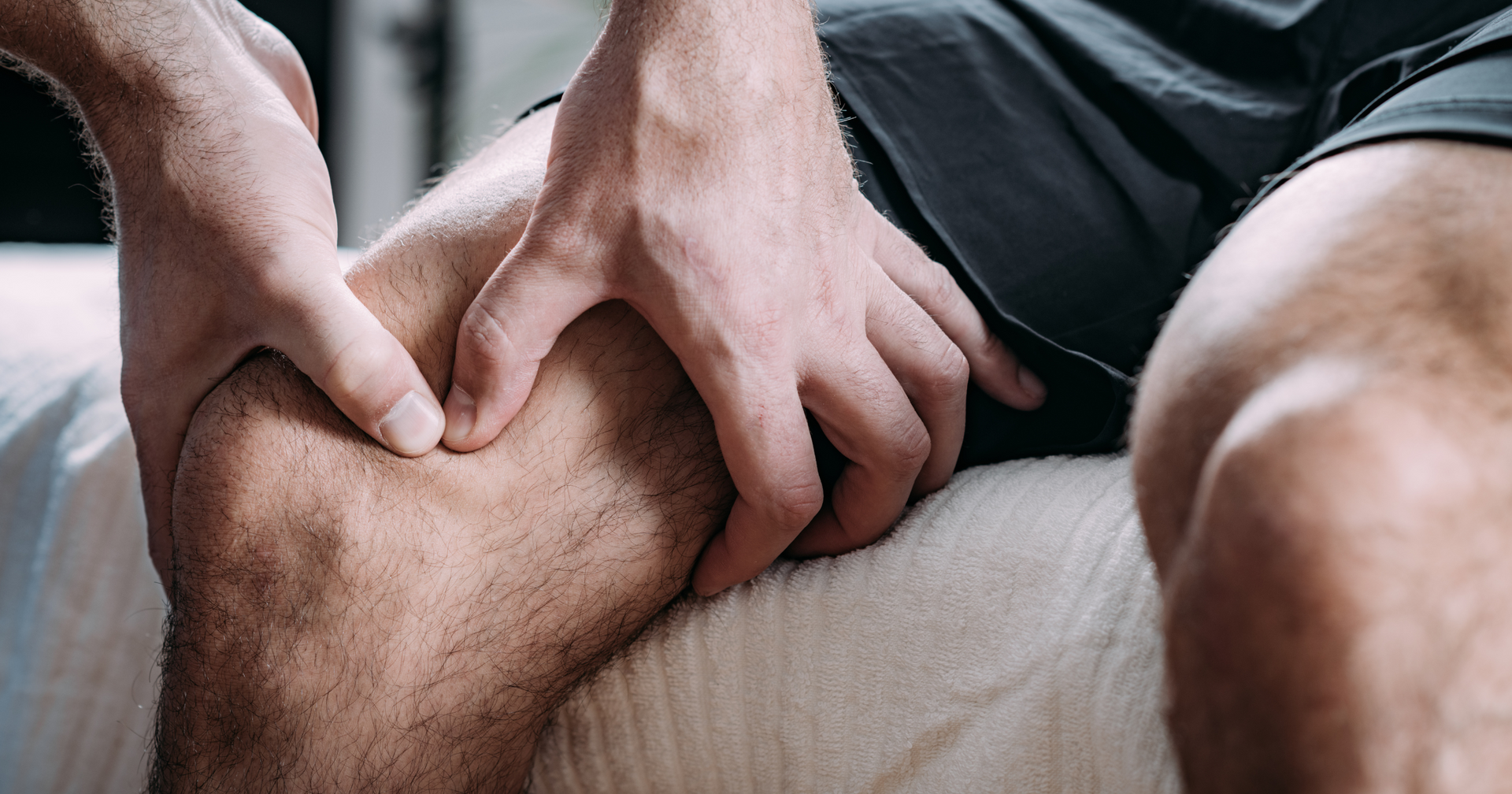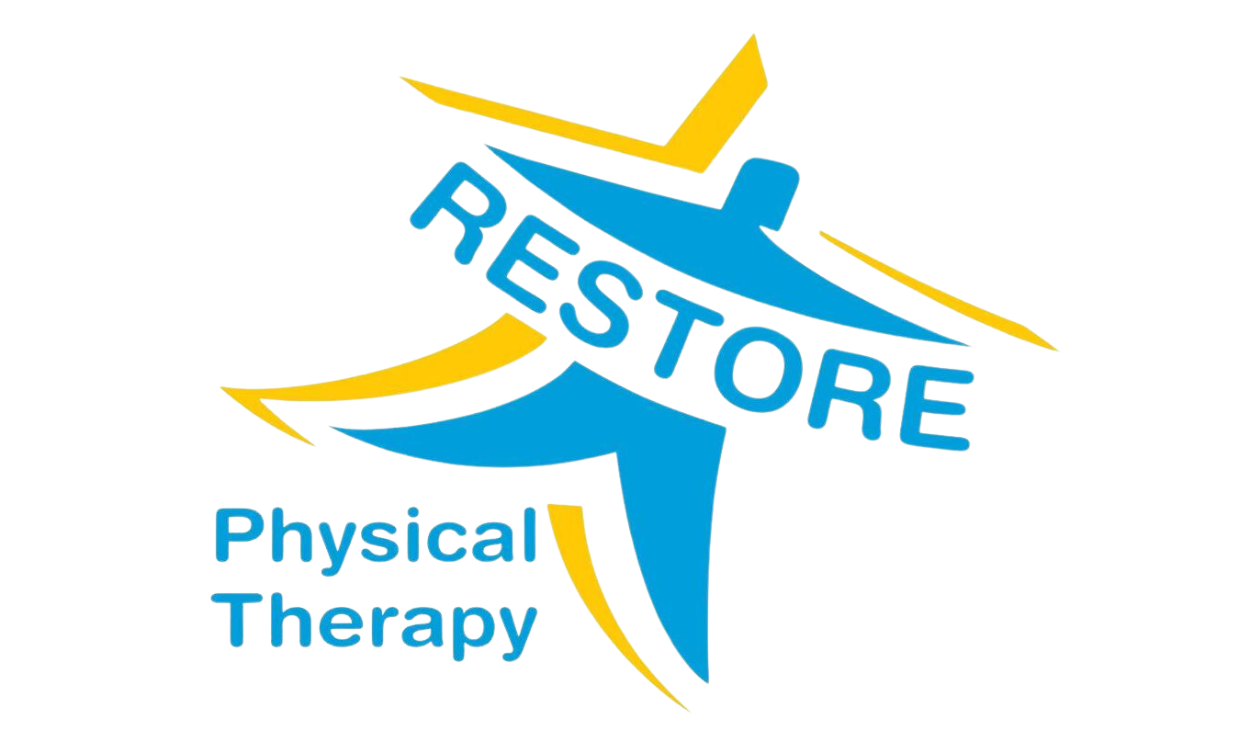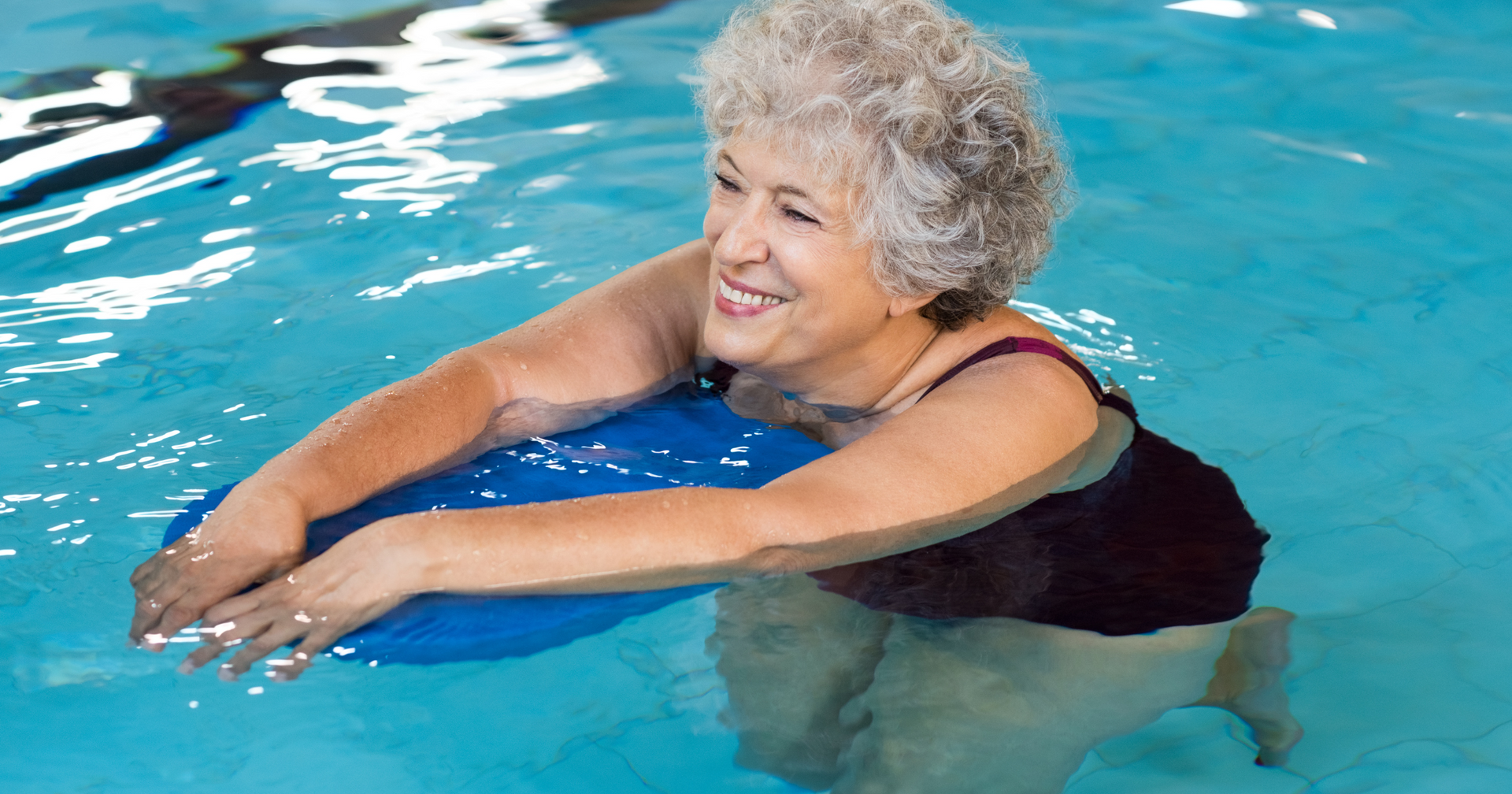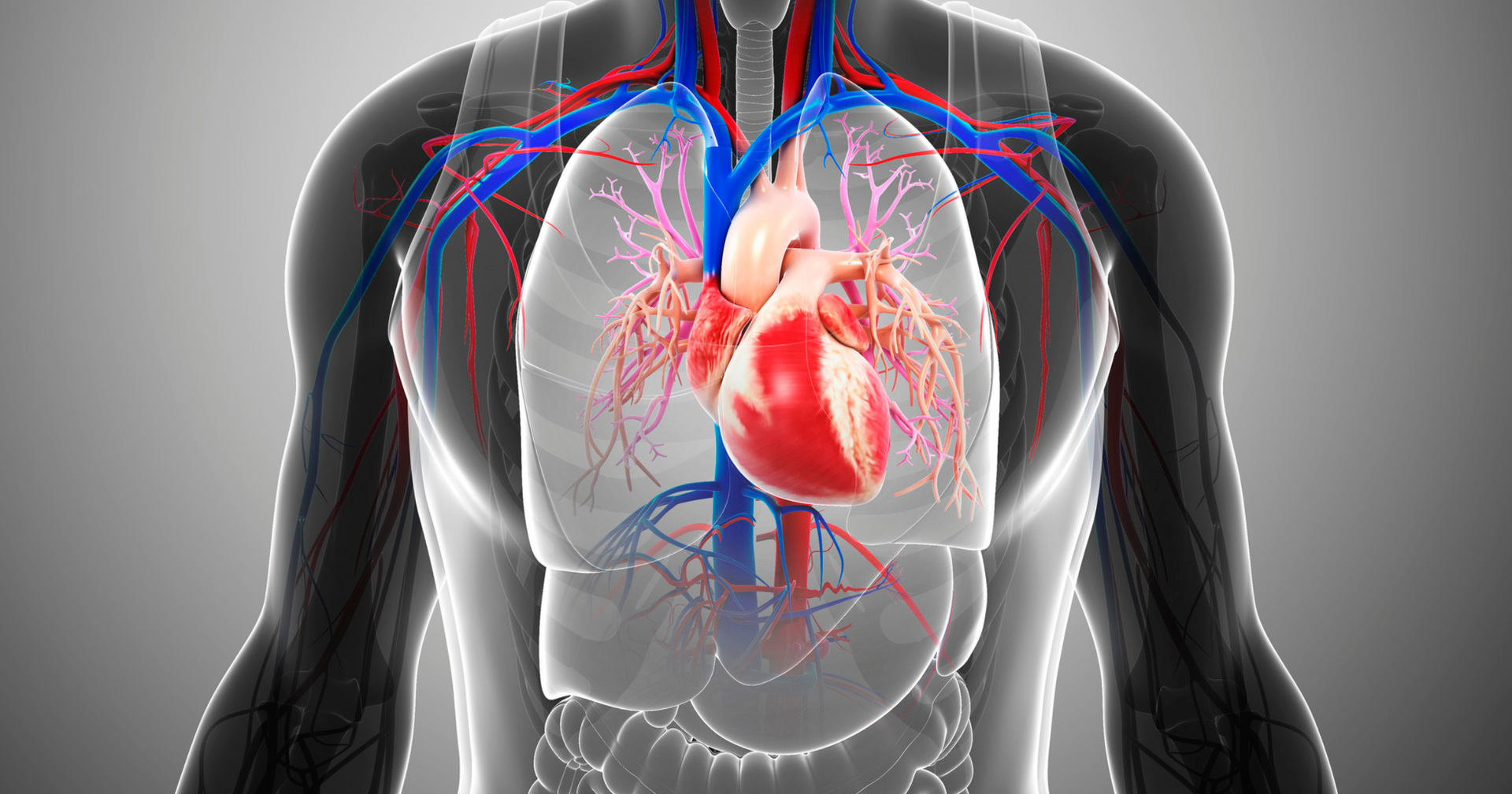The Psychology of Sports Injury: Coping Strategies & Mental Resilience
Strategies for Overcoming Psychological Challenges and Enhancing Performance
Suffering a sports injury can be more than just a physical setback; it can also take a toll on your mental well-being. The psychological impact of sports injuries can manifest in various ways, including feelings of frustration, anger, sadness, and even anxiety about returning to play. However, with the right coping strategies and mental resilience, athletes can navigate the emotional challenges of injury rehabilitation and emerge stronger than ever. At Restore Physical Therapy in Topeka, Kansas, we understand the psychological aspects of sports injury and offer support and resources to help athletes build mental resilience and overcome psychological hurdles on their road to recovery.
Understanding the Psychology of Sports Injury
The psychological response to sports injury is complex and multifaceted. Athletes may experience a range of emotions, including:
- Frustration: Frustration at being sidelined from their sport and unable to participate in activities they love.
- Anger: Anger at themselves, their coaches, or even the circumstances that led to the injury.
- Sadness: Sadness over the loss of athletic identity, fear of losing skills or abilities, or uncertainty about the future.
- Anxiety: Anxiety about returning to play, fear of re-injury, or doubts about whether they'll be able to perform at the same level as before.
Coping Strategies for Athletes
- Acceptance: Acceptance of the injury and the reality of the situation is an essential first step in coping with sports injury. Acknowledge your feelings and allow yourself to grieve the loss of your sport temporarily.
- Positive Self-Talk: Practice positive self-talk and focus on what you can control. Replace negative thoughts with affirmations and reminders of your strengths and abilities.
- Visualize Success: Use visualization techniques to mentally rehearse your rehabilitation process and visualize yourself returning to play stronger and more resilient than before.
- Stay Connected: Stay connected with your support network, including coaches, teammates, friends, and family members. Seek encouragement, understanding, and emotional support from those who care about you.
How Restore Physical Therapy Can Help
At Restore Physical Therapy, we recognize the importance of addressing the psychological aspects of sports injury:
- Comprehensive Care: Our approach to sports injury rehabilitation is holistic, addressing not only the physical aspects of injury but also the psychological and emotional components.
- Individualized Support: We provide personalized support and guidance to help athletes cope with the psychological challenges of injury and develop resilience strategies to overcome setbacks.
- Collaborative Approach: We work closely with athletes, coaches, and other members of their support team to ensure a coordinated approach to injury rehabilitation and mental well-being.
- Educational Resources: We offer educational resources, workshops, and seminars on topics such as stress management, resilience building, and mental skills training to empower athletes with the tools they need to succeed.
The psychology of sports injury is a significant aspect of the rehabilitation process, requiring athletes to develop resilience, coping strategies, and a positive mindset to overcome challenges and return to peak performance. At Restore Physical Therapy, we're here to support athletes every step of the way, providing personalized care, guidance, and resources to help them navigate the psychological aspects of injury and emerge stronger than ever. Contact us today to learn more about how we can help you build mental resilience and achieve athletic success.











